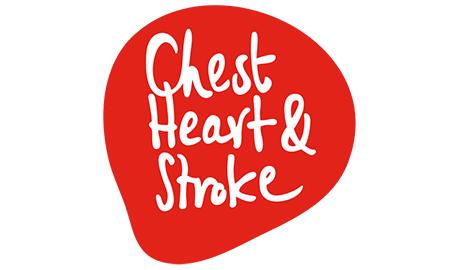Lifestyle
Northern Ireland Chest Heart & Stroke
Lifestyle Risk Factors
- Healthy Eating: We need to make sure we eat a “balanced diet” to ensure our bodies are getting everything they need to be healthy.
- Physical Activity: Physical activity can improve your health in lots of ways - both physically and mentally.
- Smoking: We all know smoking is bad for your health, but what exactly does it do and how do you quit?
- Vaping: There is emerging evidence and increasing concerns about the risks of vaping particularly with regard to cardiovascular and respiratory illness.
- Alcohol: When most people think about the dangers of alcohol, they think about organ damage - but alcohol has a part to play in heart disease and stroke too.
- Stress: Stress is a natural reaction in the body designed to give short bursts of heightened energy or awareness - but too much can be bad for you.
- Sleep: Sleep plays an important role in good health and well–being throughout your life - so we need to make sure we're getting enough.
For further information about lifestyle risk factors - click here























































